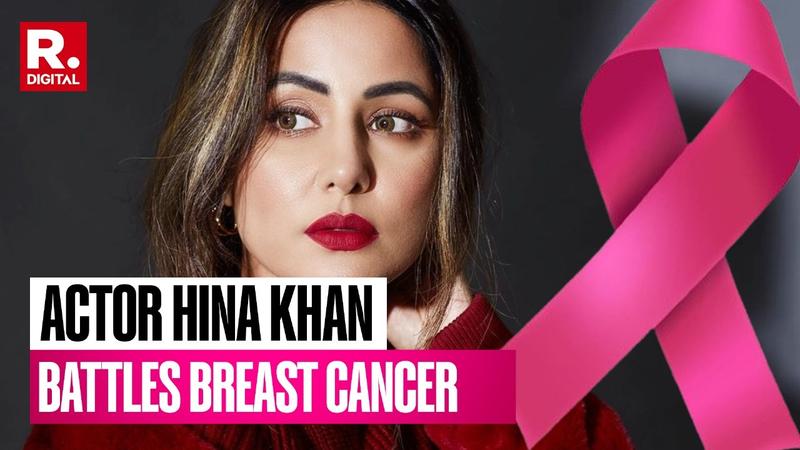Published 19:07 IST, June 30th 2024
Hina Khan Fights Stage 3 Breast Cancer: Doctor's Advice On Survival & Prevention | Exclusive
According to a report published by WHO in March 2024, Approximately 99% of breast cancer cases occur in women and 0.5–1% of breast cancers occur in men.

Hina Khan | Image:
Republic
- Listen to this article
- 4 min read
Advertisement
17:23 IST, June 29th 2024



